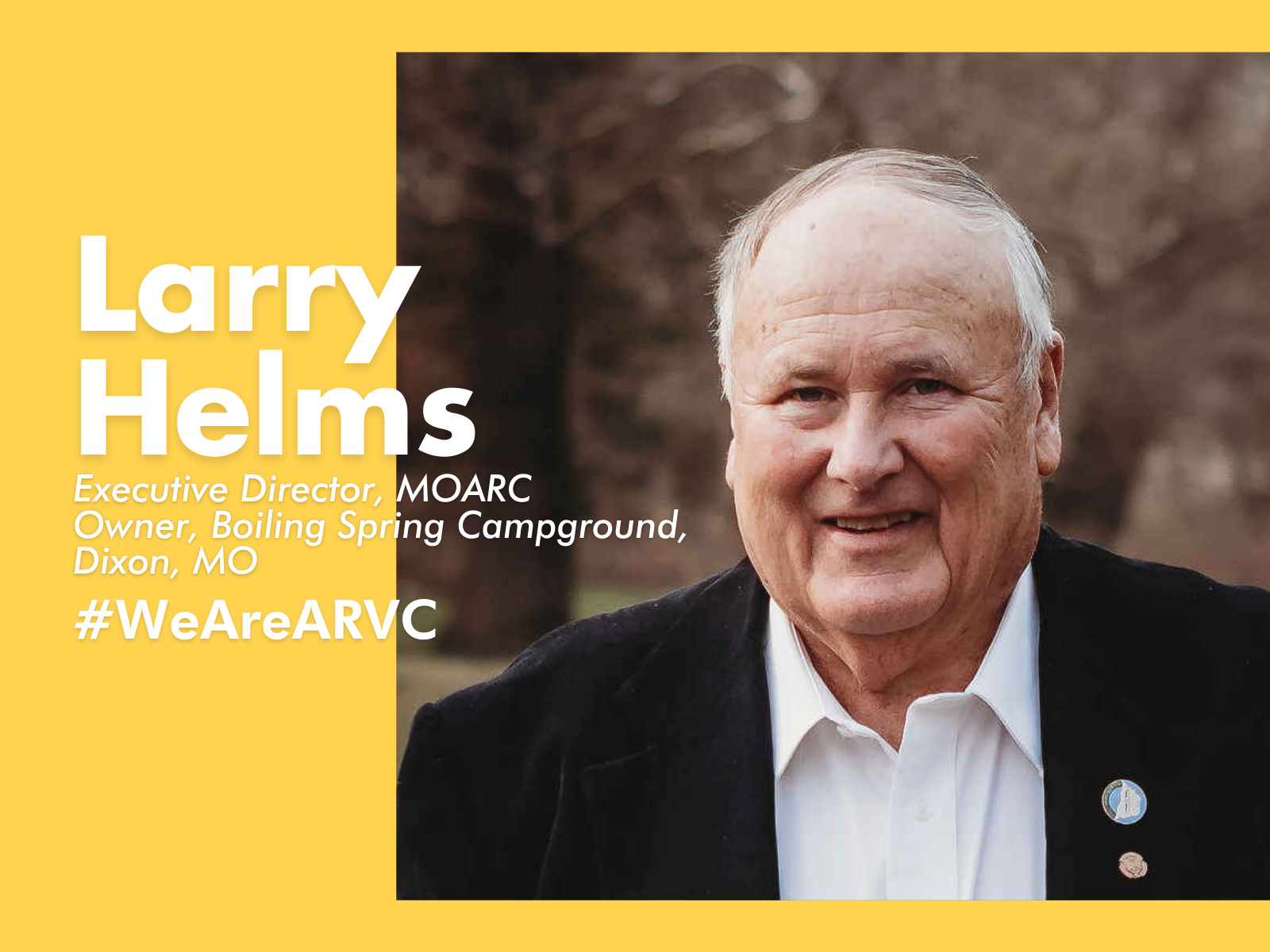As part of an industry that takes great pride in offering outstanding outdoor hospitality, National ARVC member-parks would naturally prefer to focus on extending a warm welcome to guests rather than asking them to leave. But unfortunately, there are times when that unpleasant task becomes necessary.
This situation can arise when a guest violates your park’s policies, for example, through non-payment of site fees or by engaging in disruptive behavior that impacts your other guests. But what if your problem guest refuses to leave? That means it’s time to get your local law enforcement officials involved. And the key to success is knowing how to get them to help you right away instead of simply referring you to the local court system.
Words Matter
First of all, it’s very important to understand the difference between an eviction and an ejection, says Jeff Sims, CPO, OHC, and National ARVC’s Senior Director of State Relations and Program Advocacy.
“The real issue is when a park owner needs someone removed, they often call law enforcement for assistance and say, ‘I need you to help me evict this person.’ That’s the real problem, because when law enforcement hears the word ‘eviction,’ in many cases they interpret this as a landlord-tenant relationship and recommend relief through a civil action. Instead, parks need to ask for a guest removal or ejection.”
How the Relationship is Defined also Matters
According to ARVC’s position on guest removal/ejection, the relationship that exists between the guests of private campgrounds, RV parks or resorts and the owner/operator of these parks is not a landlord-tenant relationship, but rather a transient guest relationship like the relationship a hotel maintains with its guests. As such, a private park´s campsites, cabins and RVs should never be considered a domicile or place of residence. Because a transient guest relationship exists, any person who remains at the park after having been asked to leave by the park owner/operator, either verbally or in writing, for violating the posted written policies of the park shall be immediately guilty of trespass, subject to possible penalties, and able to be summarily removed by a law enforcement officer.
Be sure to check your state laws, which can vary. In some states, a guest becomes a tenant based on the length of stay—in some cases, as little as 30 days. As a result, this would require a civil court process.
Reasons to Eject a Guest
National ARVC’s position on guest removal/ejection states that a private park owner/operator may, with the assistance of law enforcement, eject or remove any person who:
• Is not a registered guest or visitor of the campground, RV park or resort.
• Remains on the campground beyond an agreed-upon departure time and date.
• Defaults in the payment of any lawfully-imposed registration or visitor fee charge.
• Creates a disturbance that denies other persons their right to quiet enjoyment of the campground necessary for the preservation of public peace, health and safety.
• Fails to abide by the posted written policies of the park.
• Violates any federal, state or local law.
“Law enforcement’s reaction can be different in different jurisdictions,” Sims says. “Some treat this like a motel guest removal, but many won’t get involved, leaving the park owner to go through an eviction process. As a former park owner, I know that when you have a problem guest, you need them removed now for the safety of your other guests, not 60 days from now. That’s why we’ll work with any state that wants to pass legislation to define the relationship as a transient guest relationship rather than a landlord-tenant relationship.”
The need to eject guests is such a common problem that many states, including Ala., Maine, Mich., Mo., N.J., N.Y., Pa. and Texas have already enacted bills, laws and/or statutes to protect the rights of park owners. To review the full content of this legislation, log in to your member account at arvc.org, go to the Resource Library under the Benefits tab and look for the section titled “Guest Removal/Ejection Law.”
Sims has extensive experience working with guest ejection laws and can provide sample wording and other assistance to those who wish to pursue getting legislation passed in their own states. Contact him at jeff.sims@arvc.org or at 303-681-0401.
While ARVC offers positions on this topic, we strongly advise you to consult your attorney regarding the viability of adding clauses to your guest agreement in order to help facilitate ejections should they become necessary. It can also be very helpful to form a strong working relationship with your local law enforcement officials in advance so if and when the need arises to eject a guest, the process will go more smoothly.
Taking the time to ensure that your policies are clearly worded and communicated and having a plan already in place should it become necessary to eject a guest will pay off in the long run. As George Lempenau, owner of National ARVC member-park Arcadia Peace River Campground in Arcadia, Fla., says, “I have learned long ago that I would prefer an empty site to a bad camper.”






Leave A Comment